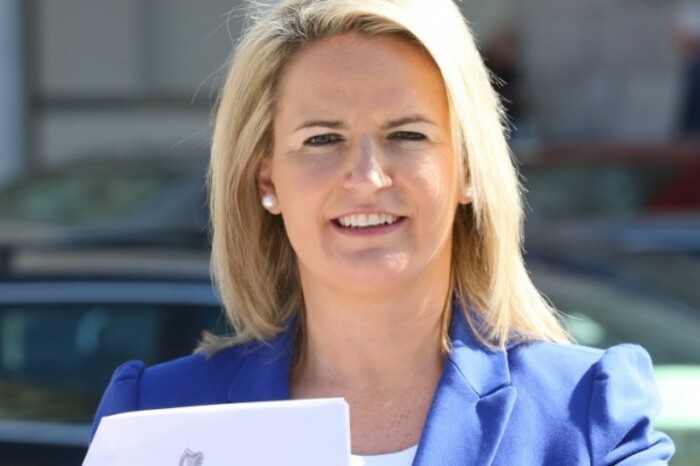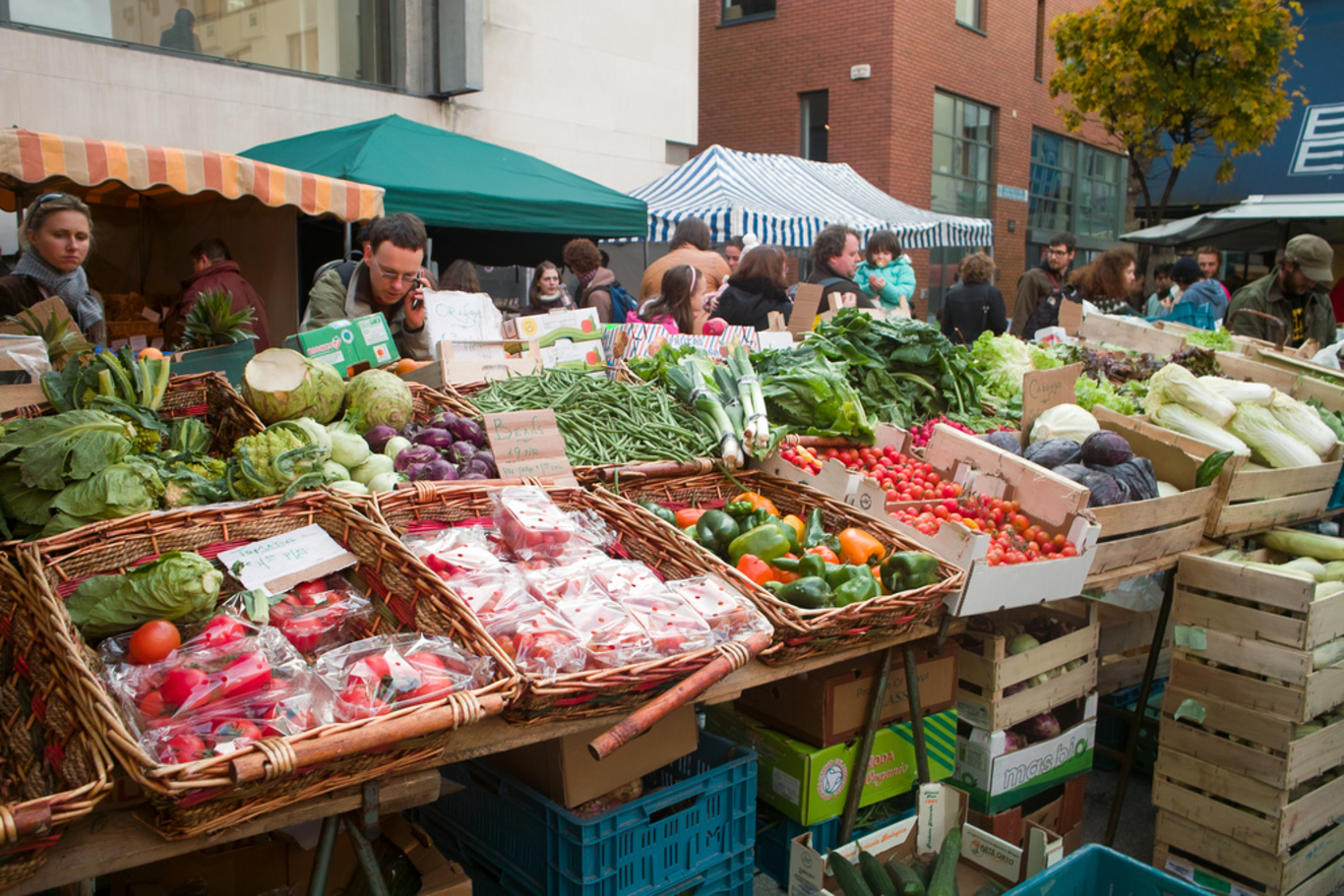Irish retailers want more spot checks of dodgy markets
In its pre-budget submission, Retail Excellence Ireland also called for VAT to be cut by 3%.
IRISH RETAILERS WANT authorities to put a big focus on retail crime and increase the number of spot checks of casual traders.
That’s according to Retail Excellence Ireland’s Budget 2018 submission, which also called on the government to reduce VAT by 3% to protect retailers from the possible negative effects of Brexit.
The organisation, which is the largest retail representative body in Ireland, said in its submission that shopkeepers are absorbing “massive losses through shrinkage from retail crime”.
“Retail crime takes on many guises from theft to bogus claims which are being carried out by increasingly sophisticated criminals from throughout Europe,” it said.
“We also note a significant increase in the number of activities from casual trading to the sale of counterfeit goods at unlicensed markets being reported by our members which are threatening the livelihood of legitimate businesses.
“In particular season sales of goods and products by casual sellers, and children being used in organised crime to include begging. The Exchequer is deprived of income tax and VAT by this activity so everyone loses out.”
The retail body said that it wanted an increase in support and resources for An Garda Síochána and the Revenue Commissioners.
It also said that it wanted an “increase in the number of on-the-spot checks of casual and seasonal sellers and unlicensed markets”.
VAT cut
The organisation also put a big emphasis on asking for a VAT cut. It called for the 23% VAT rate to be lowered by 3%.
Lorraine Higgins, the head of communications with Retail Excellence Ireland, said that Ireland has been left “exposed” to possible negative effects of Brexit.
“While many industries talk about the potential impact of Brexit, it is clear retail is already being affected,” she said.
 Lorraine Higgins of Retail Excellence Ireland
Lorraine Higgins of Retail Excellence Ireland
“Our quarterly trading reports compiled in conjunction with Grant Thornton have recorded three-successive quarters of decline primarily as a consequence of sterling devaluation and a migration to online shopping.”
She added: “Our priority issue is a reduction in the 23% rate of VAT which was introduced as a financial emergency measure.
“It needs to be cut by 3% in one fell swoop as we believe incremental reductions would be a piecemeal response given previous experience has shown small reductions do not tend to have a positive impact on consumer spend.”
The body made several other recommendations in its submissions, including:
- The re-establishment of town councils.
- The introduction of emergency legislation to immediately tackle rising insurance costs.
- The introduction of a business-focused bank, similar to the Metro Bank in the UK, where half of its balance sheet lending is targeted at small and medium enterprises.






